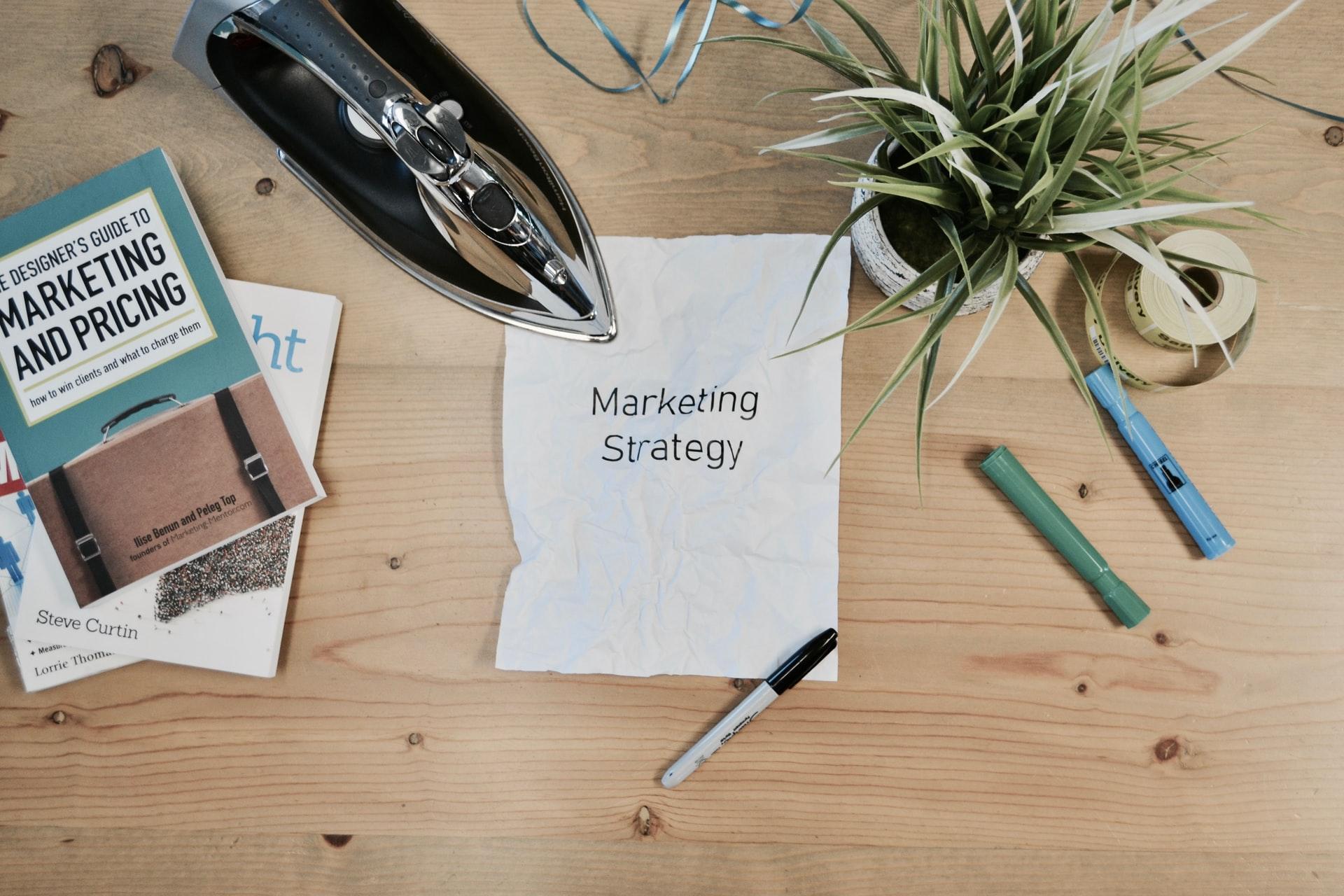In the world of busyness and business how do you find your style and not get lost in the many ways our society can distract you from becoming your best self. We live in a culture of addiction to busy schedules and constant motion. I know it has happened to me many times until I started becoming more intentional in my interactions and commitments.
Several years back I became aware of a nonprofit and I saw all the amazing work the nonprofit was doing and I saw how I could help, so when asked by the nonprofit to help on some planning and grant strategies I of course said yes without considering the whole picture. First, I did not assess the organization’s mission and determine if it resonated with areas I am driven and passionate to support. This example of not saying ‘no’ caused me some major capacity drains and impacted several aspects of my life and it was no one’s fault but my own. As community leaders, we must know ourselves or we will get lost in the chaos of helping. As Anne Lamott says in her TedTalk, “earth is forgiveness school,” so we must forgive ourselves and grow when we make errors in judgement. We cannot be risk adverse and afraid to try new things and help in new ways, but we must ensure we are an asset not a hindrance to those we serve. Anne went on to quote William Blake by saying, “we are here to learn to endure the beams of love.” If we learn who we are we are less likely to cause people to endure our beams of love also known as helping.
Each opportunity of helping someone will grow the helper in some way and this can cause us to devote ourselves to causes that are not for us. However, I find such energy and joy in helping someone reach their next level or see a community initiative become a success because a group of individuals putting their talent to the test to make it happen. For those that know me well, I’m usually very active: working, volunteering, writing, or teaching. I love what I do whether it’s work or service oriented. I see every obstacle as an opportunity and have been called a consummate optimist. However, I have learned that I’m not as optimistic as I thought. That considered and understood I now look at situations with a different filter to ensure I do not become resentful, and the person I’m helping receives what they need to grow and improve. Additionally, I have learned not take on anything that does not grow me or improve me in some way professionally or personally. I’m seen as a professional helper sometimes and that can be draining, so I must be conscientious on the items I take on as projects.
The most important item I have learned is that putting my help all over people does not truly help or impact others positively. I have learned that stepping in to assist was more about me than who I was helping. When we step into someone’s chaos and arrogantly think we can improve it, it is the helper that has the problem. We take away people’s ability to solve and improve their own problems, so we must learn to assess when to step in and when to allow the uncomfortable work of growing happen. There’s empowerment in allowing someone to come to their own solution instead of stepping in to problem-solve; stepping in at the wrong time can impede the creativity and growth of those your helping.
I had to change my formula for deciding how to help and what to take on with others. I needed to become more focused and intentional in how I helped others. I’m driven to support initiatives that empower women and young people, improve the education of young children, and supporting those who serve some of the most vulnerable in our community. I know that sounds like a lot, but I’ve found they are interconnected and where I’m passionate to serve.
Questions to consider: What drives you to serve? How do you know this drives you? How do you find yourself in that busyness? I’m not saying being busy is wrong, I’m saying make sure your busyness feeds you in some way. Busyness means lively, but meaningless activity. Life is too short for meaningless activity.
First off, give your time to areas that you find connection with and are drawn to in some way. Next, know if you step in to help someone without good boundaries and an understanding of what that person needs or is ready to work on, you are setting yourself and that person up for failure and disappointment.
I encourage you to find out who you are before you begin helping others or be very honest with yourself if you are serving others to find yourself. This will hopefully impact who you are as a community or business leader in a way that helps you embrace vulnerability and gratitude differently. As Brené Brown has found in her research on vulnerability: learning and embracing vulnerability causes courage, connection, and creativity. Learning this can be a big step in finding out who you are and becoming your best self for you and for others around you.
My line of work is very people-oriented whether it’s in my role as social worker or as a fundraiser and this work led me to understand my passion to help others. I have been able to engage with all types of brilliant and fascinating people that I have learned from and it’s allowed me to gain an interesting skill set, so I hope you will start or continue to meet, learn, and engage many different types of people. My advice to anyone challenging themselves to grow and improve is to be a sponge to the brilliance around you and ask a lot of questions. Take on projects that grow you, but be very honest and upfront about your boundaries and what you bring to the table. You will need to remember to assess where someone is in their journey and how you can truly best help and serve.
My life’s motto has become: helping those who help others. What’s yours?











